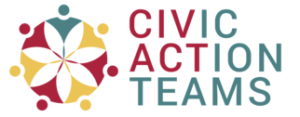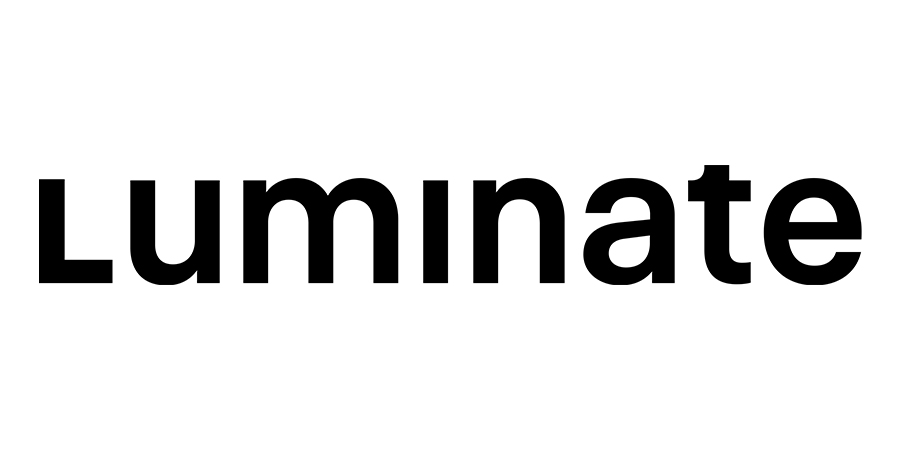
Actively involving citizens in budgetary governance: A commitment between AL RDC and the municipalities of the city of Bukavu.
In an effort to strengthen budget participation and transparency, Accountability Lab DRC gathered mayors and municipal councilors from Ibanda, Kadutu and Bagira municipalities in the city of Bukavu in eastern DRC. At the meeting they signed a partnership agreement between the three municipalities that will make it possible, in a precarious context, to specifically support the municipalities’ aims to develop participatory budgets and supporting accountability mechanisms.
Technical and financial support will be achieved through the effective and collaborative organization by:
- Municipal executives: neighborhood budget forums, budget assemblies and public accountability dialogues.
- Municipal councilors: budget sessions for the 2025 budget year and accountability sessions for the 2024 budget year.
These activities will characterize a new air of revolution in the active involvement of citizens in the development of public policies and decision-making at the local level, and are the result of 4 years of joint engagement efforts between AL RDC, local authorities, and civil society actors as part of the Lab’s CivActs program.
 This support from Accountability Lab RDC will thus contribute to strengthening the autonomy of municipalities, in accordance with the requirements of Congolese legislation on decentralization.
This support from Accountability Lab RDC will thus contribute to strengthening the autonomy of municipalities, in accordance with the requirements of Congolese legislation on decentralization.
Country Director of Accountability Lab DRC, Evariste Loketo Ours underlines the importance of this support which comes to address the challenges encountered by the municipalities, in particular the management of the retrocession and the integration of the municipal councils in the budgetary process after the 2023 elections, which the 2024 financial law had ignored them.
“The municipalities have expressed urgent needs, particularly in terms of budgeting of the municipal councils, whose role in the development of local budgets is essential but often neglected,” says Country Director of Accountability Lab DRC, Evariste Loketo Ours.
Support for the development of the participatory budget, accountability dialogues and neighborhood forums will ensure more transparent and inclusive management of the resources of the municipalities,” he said.
He also stressed that this support aims to strengthen the empowerment of the municipalities, by ensuring that the municipal councils, as new democratically installed bodies, are fully integrated into the budgetary and governance process in general.
Testimony
 Jean Pierre Mizinzi, Mayor of Kadutu Commune, welcomed this partnership, calling it a “timely and welcome” initiative.
Jean Pierre Mizinzi, Mayor of Kadutu Commune, welcomed this partnership, calling it a “timely and welcome” initiative.
He explained that the support of “Accountability Lab RDC”, combined with the limited resources of the communes, will make it possible to implement large-scale accountability activities despite budgetary constraints.
“We requested support from Accountability Lab RDC, and we are pleased that they responded positively. Although our communes will supplement this support with their own resources, a large part of our activities will be financed by Accountability Lab RDC, particularly given the difficulties of retrocession that we encounter at the provincial and national levels,” he specified.
Accountability and responsibility
The mayors of these three communes of the city of Bukavu (Ibanda, Bagira and Kadutu) have committed to using the funds transparently and to publishing the budgets of the communes, in accordance with the accountability practices promoted by Congolese law and Accountability Lab DRC.
This partnership represents a significant step forward for the management of the communes of Bukavu, particularly in the context of decentralization in the Democratic Republic of Congo.
The support of “Accountability Lab DRC” is part of a process of reform of local governance, aimed at strengthening transparency, efficiency and citizen participation in the management of their communes. Thus, this partnership will not only contribute to improving the management of local public finances, but also to strengthening the relationship of trust between local authorities and citizens, by giving them a more active role in the management of their communes.





